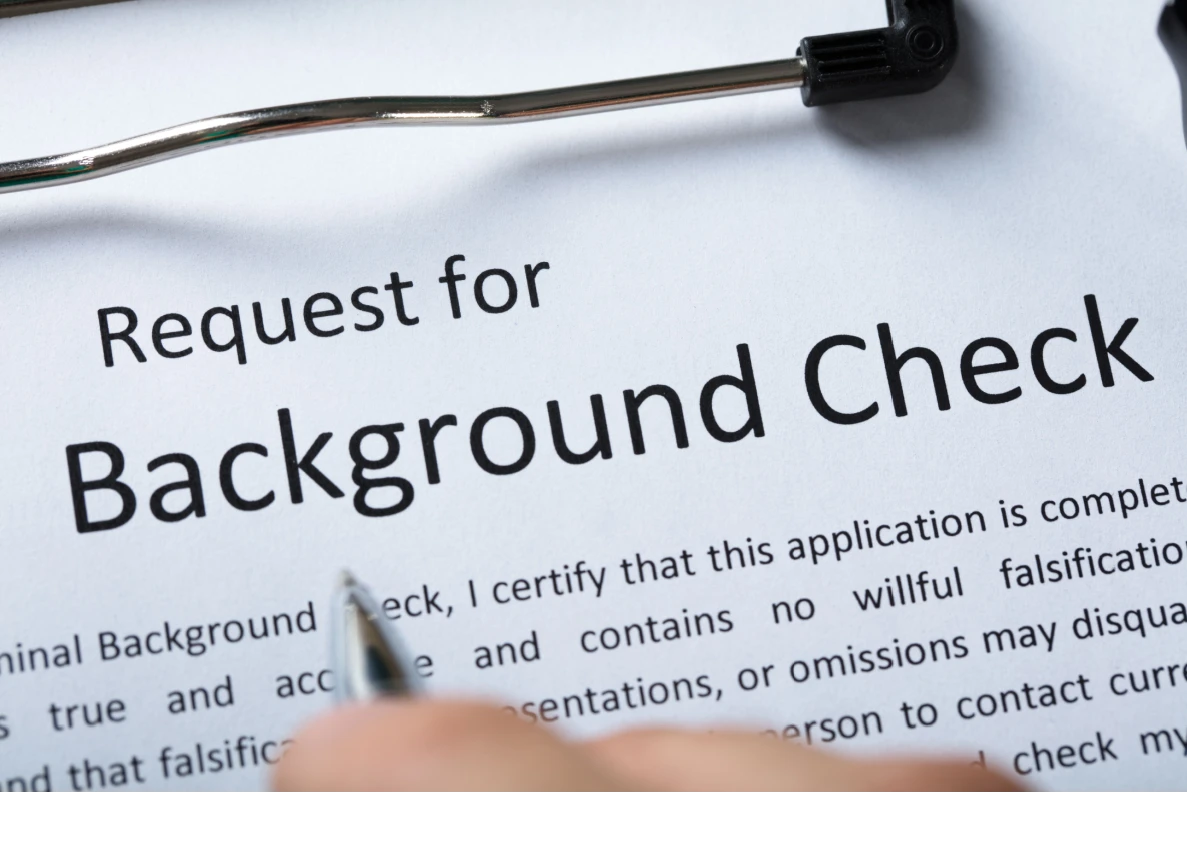The #1 way to prevent evictions? Thoroughly vet your tenants. If we can offer one tip for beginner (or veteran) rental property investors, it’s this: always run a tenant background check on every single interested renter. No matter if they’re a referral, friend, or family member, background checks are the only way to know if a renter is qualified to protect your investment property and pay rent on time.
Not sure where to start or wondering how to run a successful background check? This article dives into the purpose of background checks, how to avoid Fair Housing Act (FHA) violations, setting your base criteria, and the best service for running background checks. Keep reading for more.
What is a tenant background check?
A tenant background check is a report landlords use to verify a potential renter’s identity. It also returns employment, eviction, and criminal histories. It’s a great way to reveal any potential delinquent payments, felonies or other criminal charges, past evictions, and credit scores.
Some background checks can also verify a potential tenant’s self-reported income, allowing you to confirm that they are earning enough money to cover monthly rent payments.
To run a background check, you can use a third-party company to run the report. Depending on the company you choose, you’ll either gather the necessary information yourself (Social Security number, full name, date of birth, and phone number) or you’ll send it to the recipient you’re screening to fill out the information. We recommend the latter since it can be risky to handle sensitive information like Social Security numbers.
Screen Your Tenant Today!
Gain peace of mind with AAOA’s credit, criminal, and eviction reports.
Keep FHA in mind
When reviewing information provided by a renter’s background check, make sure your decisions are in line with the Fair Housing Act.
According to the FHA, landlords are prohibited from discriminating against applicants based on race, color, national origin, religion, sex, familial status, or disability. When looking through applicants, you cannot use any of the listed information as a reason for rejecting an applicant.
Penalties for violating the Fair Housing Act can be up to $50,000 – not to mention attorney fees.
Set your criteria
Once you successfully run a background check on a prospective tenant, how do you know they’re a good fit?
It’s important to prepare your screening criteria prior to running a background check so you know what you’re looking for in an applicant. Once you have your criteria set, you can quickly move forward with qualified tenants and avoid prolonged vacancies.
Every landlord has their own standards that they set for their unit, but we’ve got you covered with some helpful guidelines for setting yours.
-
You’ll want someone who is financially stable enough to afford your monthly rent. Some landlords look for an income that’s triple the cost of the monthly rent, but the exact amount you’re looking for is up to you.
-
Look for a clean rental history. One eviction is a red flag, but if you notice a prior eviction, it can be helpful to gather more information from the previous landlord or the prospective tenant. If there’s more than one eviction, there’s less room for misunderstanding or one-off situations, so it’s best to move on.
-
Look for any previous felonies or criminal convictions. The last thing you want is a tenant who might put the community in danger. Make sure to follow your local laws when evaluating criminal histories.
Overall, you want to make sure your future tenant can pay rent on-time, respect your property, and is a good fit for the community. Check out this article for more information on setting screening criteria – complete with recommendations, this article is a great starting place for landlords who aren’t sure what to look for in a screening report.
Only use trusted background checks
Did you know that some background checks can be less than 86% accurate when picking up felons and sex offenders? This stat should concern most landlords.
Third-party screening services are an easy way to gather information on a prospective tenant, but it’s not as simple as choosing one and hoping for the best.
Make sure the tenant screening service you choose can accurately detect all important information about a potential tenant so you can avoid costly evictions and nightmare tenants.
Source: Active Duty Passive Income














 Accessibility
Accessibility